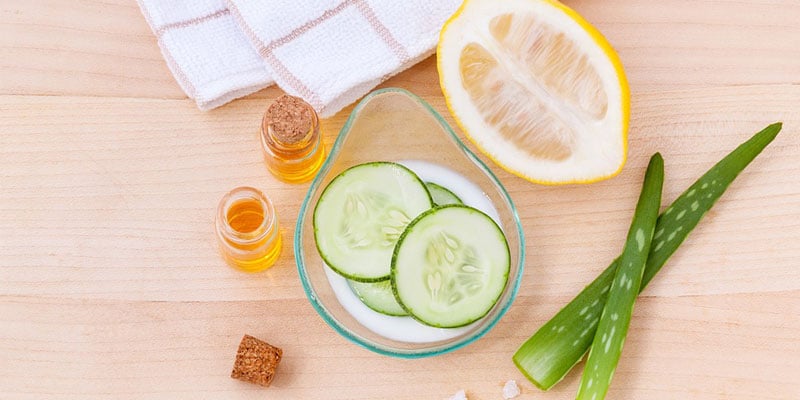Skincare is one of the major aspects of overall self-care, a fact that many people around the world can definitely attest to. In a CNN report on the state of the global skincare industry today, business correspondent Ahiza Garcia notes that conservative estimates put its worth at around $135 billion – an increase of nearly 60% over the past decade alone. This increase is attributed to several factors, such as increased consumer awareness and the rise of social media.
Acne is a condition that affects the big majority of the world’s population. Cystic acne is a particular example of one of the harshest forms of acne, one which can negatively impact anyone’s self-esteem. Getting rid of it isn’t easy and treating it usually takes a lot of trial and error, but many people have managed to do it, and so can you with proper and consistent care!

However, one might argue that these all come down to one all-too-human tendency to judge our overall appearance by the state of our skin. This means that the clearer your skin is, the more beautiful you can be. While this may sound natural given that our skin is our largest body organ, it also means that having issues such as acne or dry skin can easily chip away at people’s self-worth.
The link between skincare and self-esteem
Unfortunately, skincare is not as easy as splashing water on your face, especially since not everyone is blessed with naturally clear skin. Acne, even among adults, is one of the most persistent problems and can often be seen as embarrassing.
In fact, researchers from Tagore Medical College and Hospital studied the psychosocial impact of acne and confirmed that having it reduces one’s self-esteem. The study found that people with more severe acne showed a lower level of self-confidence. The location of the acne was also highly significant, and researchers found that people with facial acne were the most self-conscious given that the face is normally what people remember most about us.
Furthermore, experts stated that embarrassment from having prominent skin conditions also led to avoidance of social contact. The subjects of the study admitted to skipping social gatherings altogether when flare-ups occurred, as they felt that people would stare at their condition. If you’re someone whose skin experiences issues often, like frequent breakouts, it can be difficult to go about your normal day-to-day activities. Being too self-conscious of your skin might even result in missing school or work and deeply affect your daily life.
This is why practicing skincare is not overrated, especially if it directly contributes to your self-image. Blogger Dixie Somers highlights that updating your appearance is one of the most essential steps to boosting your self-esteem, and this includes maintaining a skincare routine. Your personal routine should help treat any prevalent conditions like acne and prevent further issues down the road. On top of that, The Cut’s Alison Roman also points out that this makes you feel in control of what happens to your body to a certain degree. Being in control of your own appearance is a surefire way to boost self-confidence, and is one of the main reasons to practice skincare religiously.
How to start your own skincare routine
Everyone’s skincare routine is different, as each person’s skin and needs are also different. However, there are some basic rules for creating your own formula to healthier skin.
First of all, always be critical about what you put on your face or your body. On her review of the popular Snail White soap on Pretty Me, beauty writer Sheena Dizon takes the time to go into the different plant extracts and ingredients to better understand how the product can improve skin. Just because a celebrity advertises an item doesn’t mean it will work magic on you, too. Look at the contents of a beauty product and see if it might trigger any allergies. If you have to research on each ingredient, do so, especially if it means preventing it from exacerbating your condition.
Moreover, a few skincare golden rules are also highlighted by NDTV, who noted that you also need to eat nutritious food, exercise, and get enough sleep to promote healthy skin. Stay hydrated, don’t skimp on the sunblock, and never sleep with makeup on. You might be tempted to hide your blemishes by patting your face down with concealer, but you need to let your pores breathe if you want to avoid clogging them. By sticking to these healthy habits, you’ll be on your way to developing better skin and improving your self-confidence in no time.

